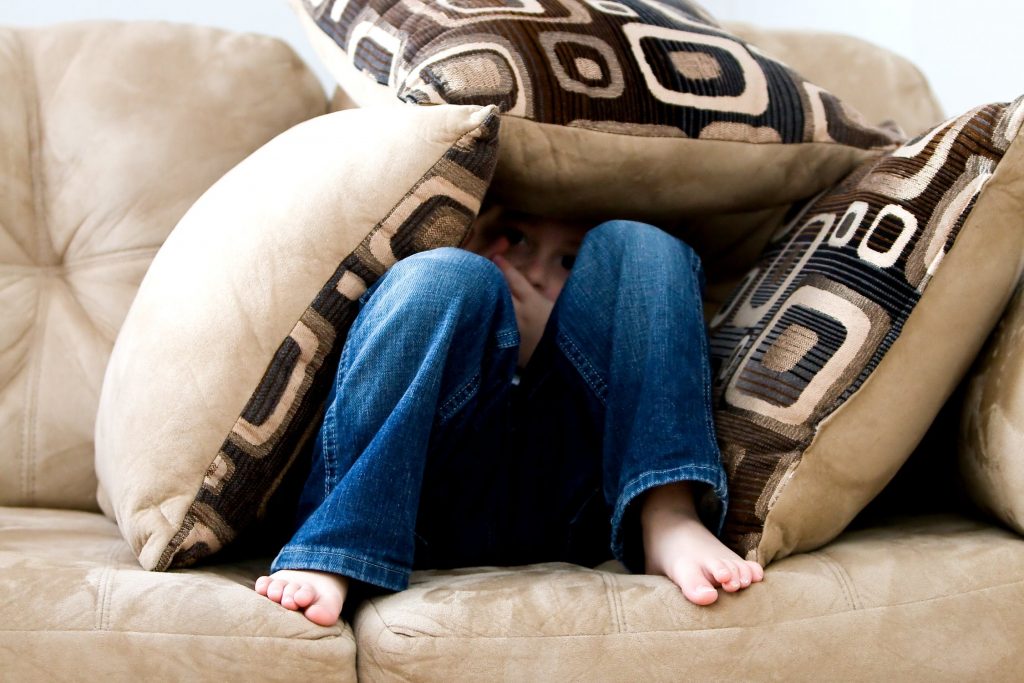Ahh, tantrums…the classic image of a toddler screaming on the floor with their arms and legs flailing as their parents stand by embarrassed, doing their best to calm them down. This is what many of us think of when we think of tantrums, but this isn’t necessarily always reality (for a lot of the time anyway).
Tantrums are a necessary part of a child’s development and they come in all shapes and sizes. To help you cope with them, you need to understand them, so here is everything you need to know about tantrums and why your little ones need to have them.
What are tantrums?
We have plenty of outbursts as adults, especially when it comes to being angry or frustrated, and it’s exactly the same for toddlers. Although they happen much, much more often.
Tantrums are a response to a sudden powerful emotion that your child feels, be it anger, frustration, fear, or sadness. They don’t know how to cope with it so they ‘explode’ with it either by crying, screaming, falling down, kicking or banging things, flailing about or running around, stiffening their limbs or arching their back. In some cases, some children even hold their breath or vomit when they are having a tantrum.

Why do tantrums happen?
As we said above, young children don’t know how to cope with strong emotions, so having a tantrum is their way of expressing themselves and attempting to understand and manage their feelings.
Ever heard of the terrible twos?
Tantrums are often most common in toddlers because:
- Their social and emotional skills are starting to develop
- They don’t often have the vocabulary to communicate how they are feeling yet
- They are at an age where they desire independence but fear being separated from you
- They are discovering that their actions can change what’s going on around them
Although they are most common in this age group, older children can have tantrums too although their reasons for them will be much different:
- They haven’t learned more appropriate ways to express or manage their feelings
- They may be slower in developing self-regulation (the ability to understand and manage your behaviour on your own)

Tantrums are important!
Tantrums are an essential developmental stage for children as they are the beginnings of them learning how to process and manage their emotions and then adapt their behaviour accordingly. This sets a precedent for how they will manage difficult situations throughout their whole life, so developing healthy habits now is absolutely crucial to their emotional and mental wellbeing in the future.
Although coping with tantrums can be very draining and stressful (for the both of you!), the effort you put in now to help your children through them will make a massive difference in their lives as an adult.
Don’t know what to do about tantrums? If you need help in getting your family through this stage in one piece, here are the secrets to handling toddler tantrums like a pro!

At Schoolhouse Daycare, we enjoy learning, encouraging confidence and we love life! If you think your child would enjoy life at Schoolhouse, then please do not hesitate to arrange a visit.

